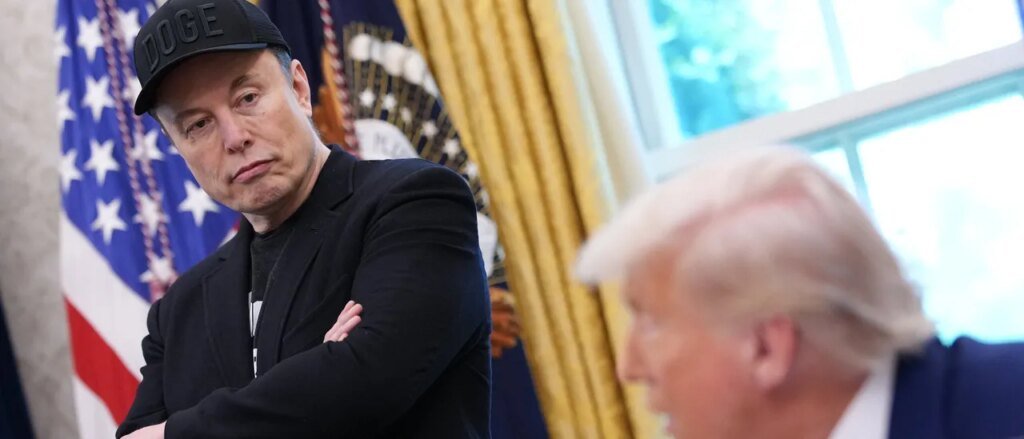Trump Administration Expanding Goldendome Project Options
The Trump administration seems to be widening its scope for the Goldendome Missile Defense Project, potentially looking to contractors beyond Elon Musk’s SpaceX. Reports suggest that the government is engaging companies like Amazon, Stoke Space, and Rocket Lab to assist in launching and maintaining satellites in orbit. This shift appears aimed at avoiding overreliance on SpaceX, especially after tensions arose between Trump and Musk.
The Goldendome project, which comes with a hefty estimated price tag of around $175 billion, is designed to explore space-based solutions to intercept long-range ballistic missiles. While SpaceX has been the primary contractor due to its reusable rockets’ capabilities, there are indications of growing scrutiny within the administration.
Interestingly, Trump and Musk had fallen out, particularly during Musk’s brief leadership of Government Efficiency Bureau, and friction grew over Trump’s defense of a significant bill that negatively impacted Musk’s interests. Ultimately, the deciding factor in their strained relationship appears to have been Trump’s choice to oppose the nomination of one of Musk’s allies for a prominent position at NASA.
One potential avenue the administration is looking into includes Amazon’s Project Kuiper, which aims to deploy 3,000 low-Earth orbital satellites. Jeff Bezos commented that, while it’s primarily a commercial endeavor, the project is open to defense applications.
Despite expanding its options, sources indicate that Musk’s companies remain favored due to their proven reliability. Traditional defense contractors like Lockheed Martin and Northrop Grumman are also poised to contribute to the Goldendome initiative. Nonetheless, the project will need to navigate various bureaucratic challenges within the defense sector.
Following Trump’s announcement in May, the project has faced criticism from hostiles, with concerns raised by nations like China and North Korea, which warned that the Goldendome could increase the risk of “space nuclear war.”
Both the White House and SpaceX have not provided comments regarding the situation, and the Pentagon has declined to elaborate.







